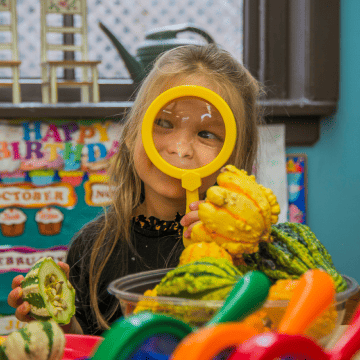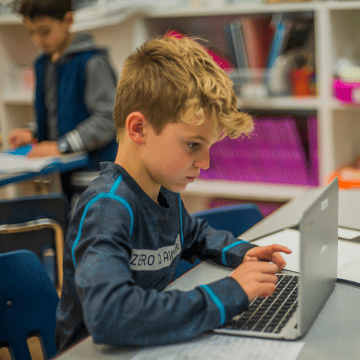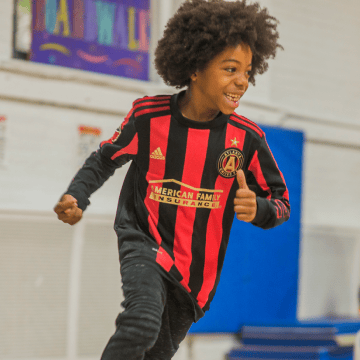At All Saints Episcopal Day School, a core element of our approach to teaching—whether in the Primary Years Program (PYP) or Middle Years Program (MYP)—is fostering a spirit of inquiry. Each unit plan our teachers design incorporates inquiry questions intended to guide learning and exploration. These guiding questions, however, are not solely teacher-driven. A well-rounded inquiry unit also empowers students to ask their own questions about the concepts being studied, enabling them to take an active role in shaping their educational journey.
In our professional development sessions, teachers have been working collaboratively to implement effective routines and strategies for helping students become proficient question-askers. We’re inspired by the ideas in Inquiry Mindset by educational consultant Trevor MacKenzie. His approach encourages educators to make questioning a natural part of classroom learning, where an “inquiry mindset thrives and student voice, choice, and ownership are evident in the role their questions play in their learning” (MacKenzie xviii). Over the coming months, our teachers will be introducing a series of ten questioning routines from MacKenzie’s framework to help our students deepen their inquiry skills.
MacKenzie outlines a range of benefits that come with developing strong questioning skills, such as improved collaboration, curiosity, critical thinking, and communication. These routines also support other essential research skills, empower students to be more active in their learning, and encourage authentic inquiry. This emphasis on questioning aligns beautifully with both the IB philosophy and our school’s Mission Statement, which emphasizes nurturing discipline, integrity, and a genuine love of learning. By supporting these skills, we aim to equip our students for success both in school and in life.
Supporting Inquiry at Home
Families can play a meaningful role in supporting this inquiry mindset outside of school. Modeling curiosity at home can be a wonderful way to encourage children to develop their questioning skills. Begin by sharing your own questions, interests, or even things you’re curious about researching. For younger children, prompt them to ask questions starting with who, what, where, why, and how to fuel their natural curiosity. For older children, consider discussing the difference between closed questions (who, what, where, and when) and open questions (how and why), helping them recognize how different types of questions can shape their understanding. If your child’s homework mentions a new topic, ask what questions they might have about it or what they hope to explore. Practicing questioning skills both at school and at home can help your child build independence and take ownership of their learning journey.
MacKenzie, Trevor. Inquiry Mindset: Cultivating Curiosity and Creating Question Competence. 2024.




